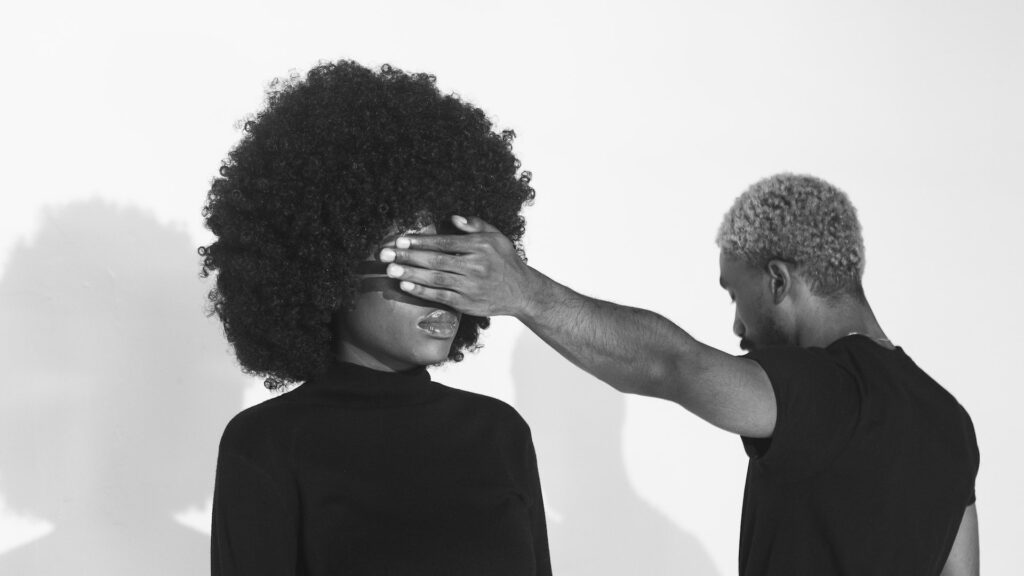When learning about culture, we all want to quickly learn about the other’s person’s culture. So, we jump into learning the differences of our culture compared to the other’s.
However, it’s important to start the process by first understanding yourself and your own culture. When you say your culture, what do you mean? The country you were born in? The geographical region you come from? It’s a little bit more complicated, but worth the journey of discovery.
“A people without knowledge of their past history, origin and culture is like a tree without roots”. Harvey Garvey.
First, what about your own culture?
The person you are today is a result of your ancestors, grandparents, your parents, and the person you identify yourself as the CORE persona. This is made of race, ethnicity, geography, gender, etc. And then we must also consider our experiences and changes throughout the years: religion, social classes, education, political beliefs or views, sexuality, and travels. And let’s not forget our position within the organization, income, and profession, among others. Remember in my last blog how I mentioned that the professional perspective of culture can be a whole different ballgame), We are a sum of all our parts.
Your personal culture: it’s complicated
How to approach the elephant of knowing our own selves:
- Take time to reflect on your own experiences and how they have shaped your cultural identity. Consider your family background, childhood experiences, and personal values. Consider all members of the family.
- Talk to family and friends about your cultural background and ask them about their experiences and perspectives. Call or write to that aunt or cousin, you’ll be surprised how many stories they can tell you. Ask a lot of questions, what were they like, why did they change places, what happened to so and so, etc.
- Read books and articles about your cultural background, including its history, values, and customs.
- Attend cultural events and festivals that celebrate your cultural heritage. This can help you learn about your culture’s traditions, food, music, and art.
- Travel to areas where your cultural background is prominent and immerse yourself in the local culture. This can help you gain a deeper understanding of your cultural heritage. In my case in wasn’t until many years later did I go to visit Managua, Nicaragua, my mother’s hometown. It had changed since she left when she was a young teenager. But all those stories she told us about, finally had images tied to it. It’s now much easier to relate to.
- Join cultural organizations and groups, such as cultural clubs or associations, to connect with others who share your cultural background.
- Maybe, if it’s a little bit more complex, consider seeking a cultural coach, to help you explore and understand your cultural identity.

By understanding your personal cultural values and exploring important areas such as what you find acceptable/unacceptable, then you are better placed to appreciate how you will react when placed into different intercultural scenarios.
It will also help you understand your likely impact on others.
Knowing thy culture first
Cultural self-awareness is important; it helps understand our own cultural background and how it influences our thoughts, feelings, and behaviors. Having a strong sense of cultural self-awareness can help individuals:
- By being aware of your own cultural background, you can better understand and navigate cultural differences with others.
- Cultural self-awareness can help you build stronger, more respectful relationships with people from different cultural backgrounds.
- By being aware of your own cultural biases and assumptions, individuals can avoid misunderstandings and conflicts that may arise from cultural differences.
- Cultural self-awareness can help individuals become more inclusive and sensitive to the needs and perspectives of others, promoting a more diverse and inclusive environment.
- By reflecting on their own cultural background, individuals can gain a deeper understanding of themselves and their values, leading to personal growth and self-awareness.
The first step for getting to know others is knowing one self
In summary, cultural self-awareness or Intercultural Consciousness is important because it promotes understanding, respect, and inclusivity, and can help individuals build stronger relationships and navigate cultural differences more effectively.
By engaging in the approach explained above, you can gain a deeper understanding of your own culture and how it shapes your thoughts, feelings, and behaviors. Once you have established cultural consciousness and developed the awareness that evolves from this, then you can now start down the path of knowing other cultures.
Further Reading
- Chung Yan, M. & Renita Wong, Y.L (2005). Rethinking Self-Awareness in Cultural Competence: Toward a Dialogic Self in Cross-Cultural Social Work. Obtained via https://www.researchgate.net/profile/Miu-Chung-Yan/publication/270399286_Rethinking_Self-Awareness_in_Cultural_Competence_Toward_a_Dialogic_Self_in_Cross-Cultural_Social_Work/links/5aa1731945851543e639f78c/Rethinking-Self-Awareness-in-Cultural-Competence-Toward-a-Dialogic-Self-in-Cross-Cultural-Social-Work.pdf




Pingback: Breaking free from Stereotypes: get an Unlabeled Mindset - MG Coaches
Pingback: How To Best Improve Your Leadership With The Culture Map